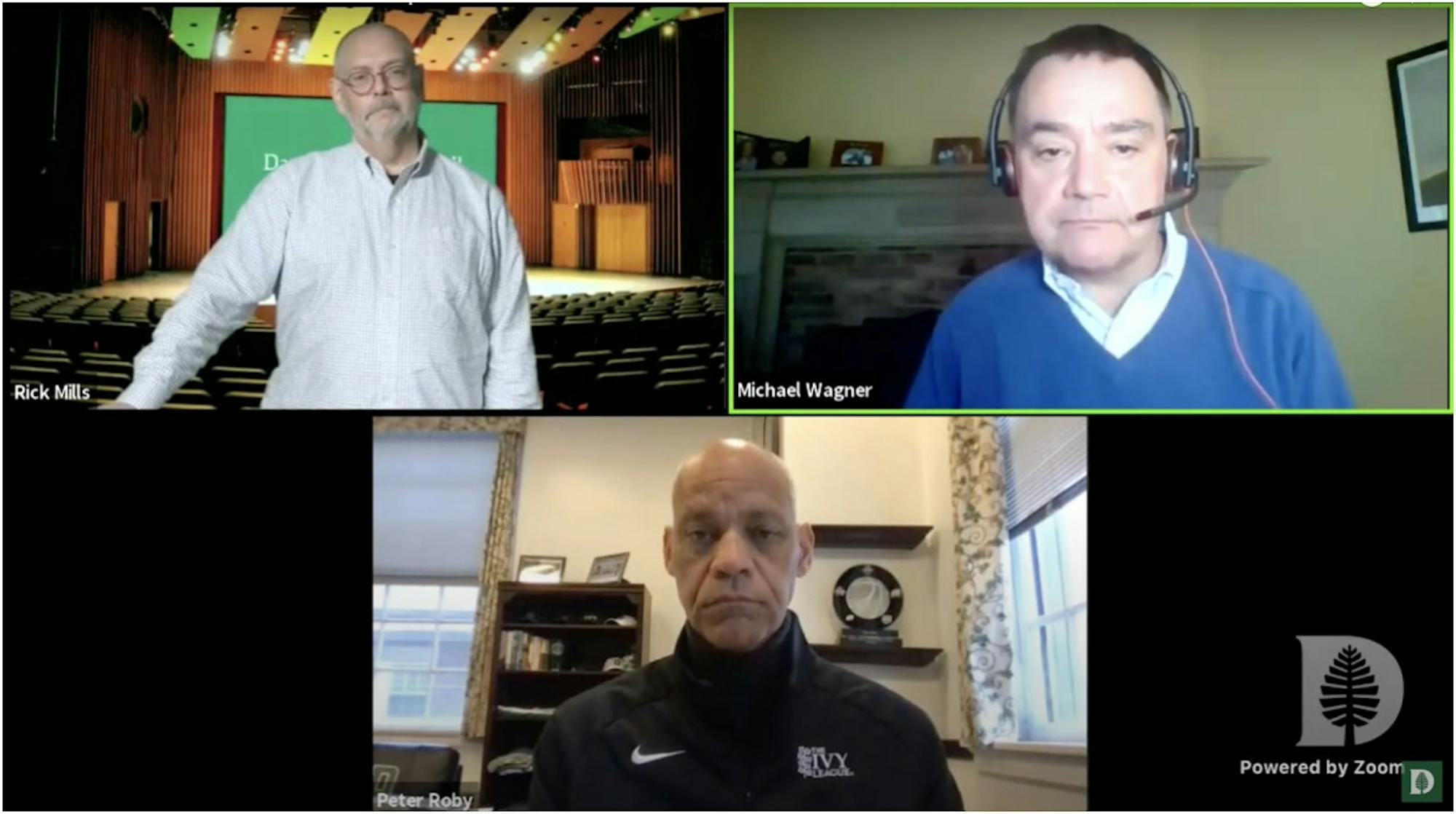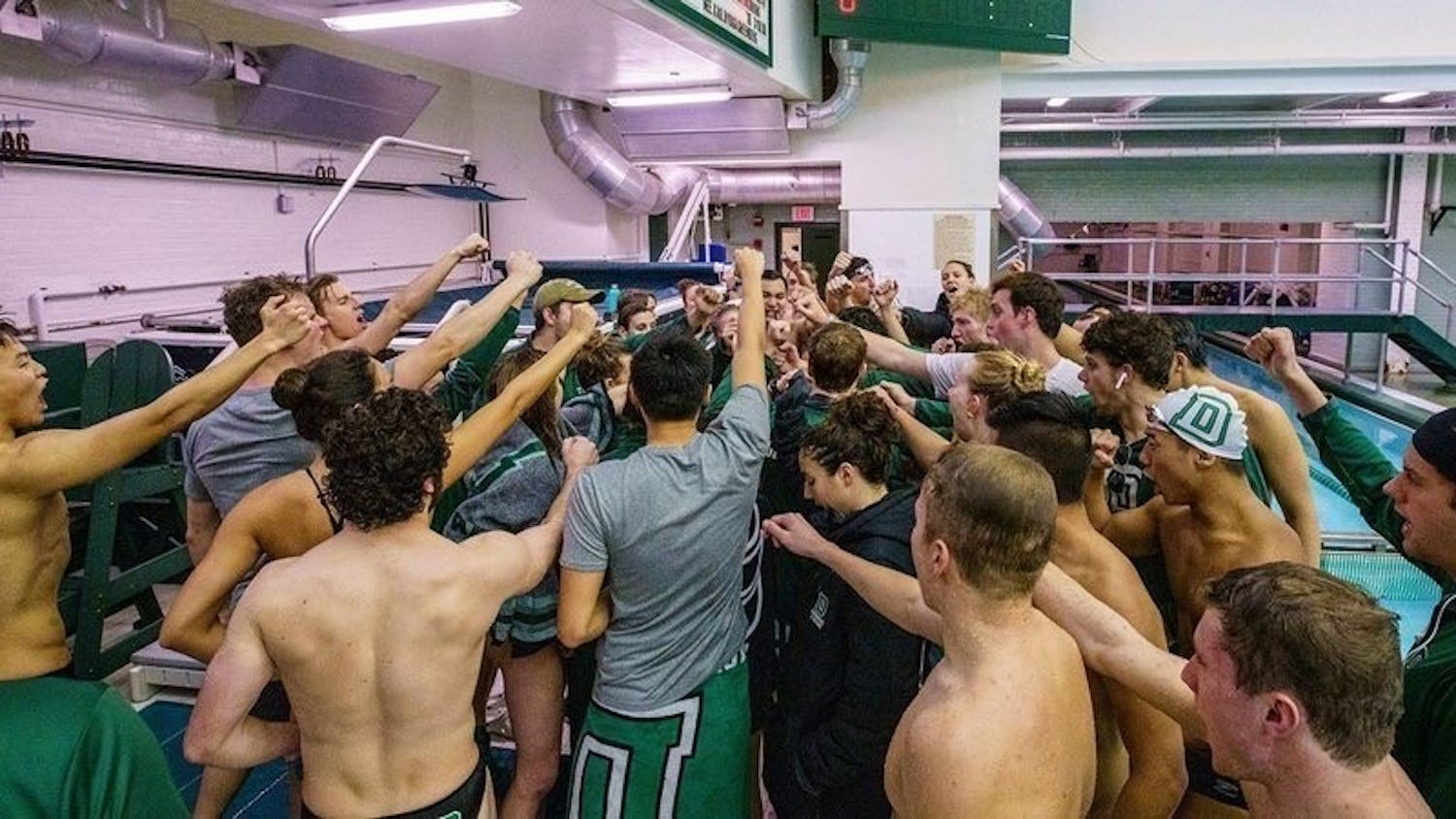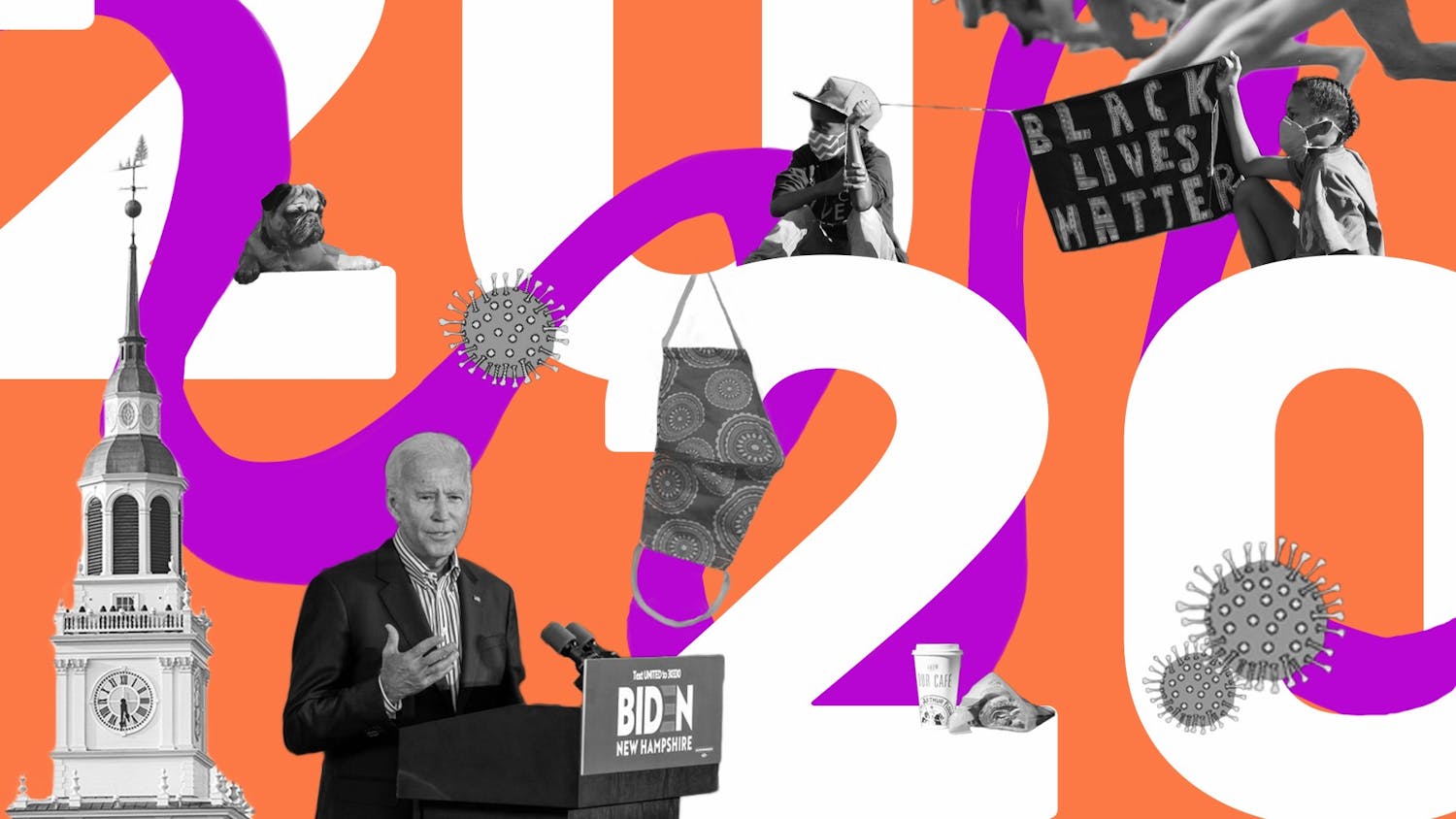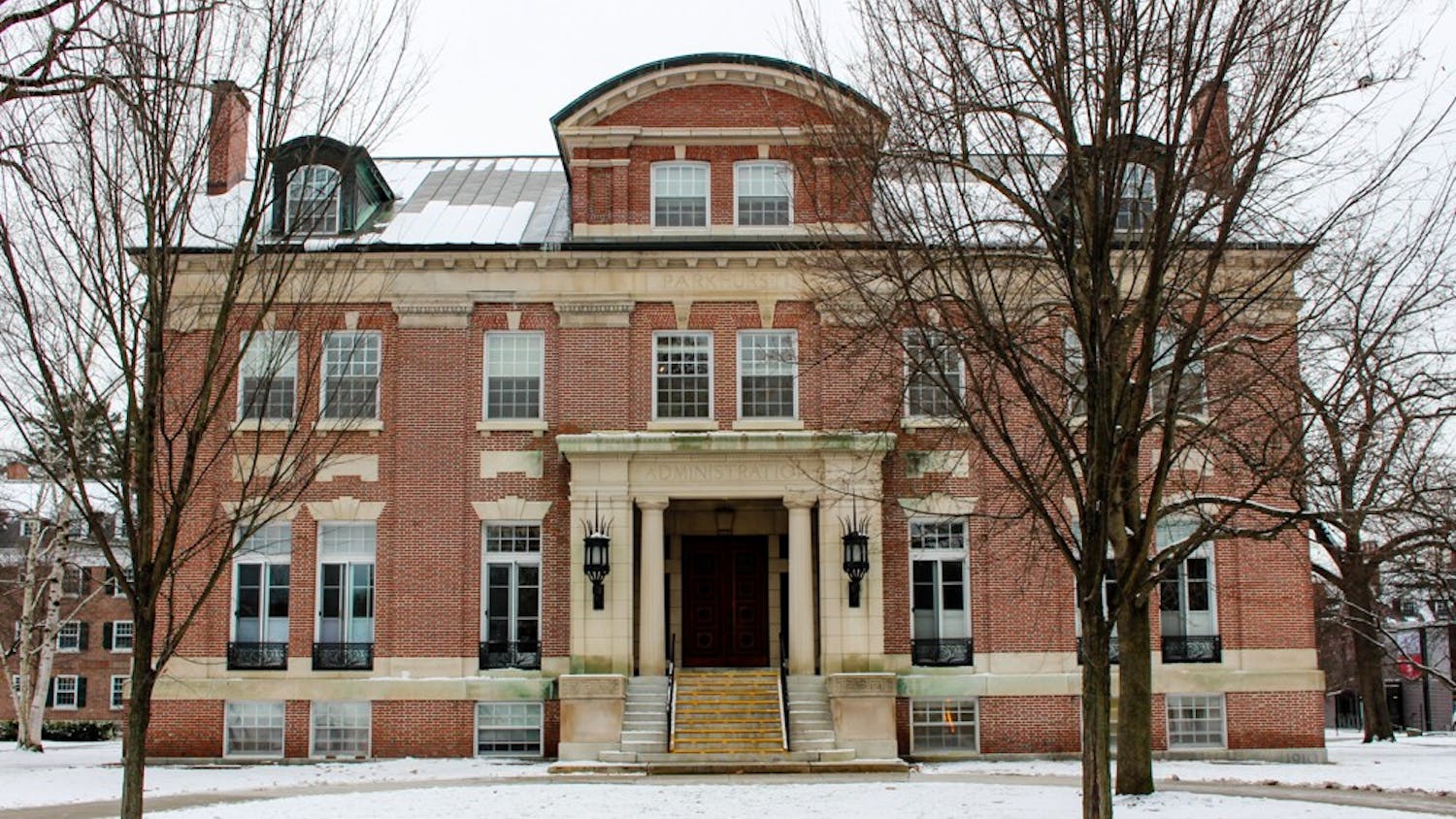On April 21, executive vice president Rick Mills moderated a virtual town hall to discuss the College’s finances, athletics and the impacts of COVID-19. The event, which was livestreamed via YouTube, had over 800 views by Thursday afternoon. Due to the virtual format, questions from the audience were fielded by Mills and presented anonymously.
The reintroduction of town halls, which have typically been hosted in Spaulding Auditorium, reflects the College’s anticipated transition to in-person events, Mills said.
During the town hall, Mills said that the College’s reopening process for in-person learning in the fall is subject to change due to COVID-19, but that the College has “a sense of direction” and timing for the process. He added that the administration is “still quite focused” on the return to campus in September and anticipates a “staggered return” of traditional activities and academics.
Mills explained during the town hall how COVID-19 has “opened doors” for possible remote work options. He noted that although the College may be able to have a more diverse staff through being able to employ people outside the Upper Valley, there are legal consequences to having workers in different states and countries. Additionally, the College has concerns around “diversity, equity, and inclusion,” Mills said, emphasizing that not all employees have jobs that allow them to be remote.
Mills also discussed construction projects that the College has completed or that are currently underway, including renovations of Reed Hall, Morton Hall, Dartmouth Hall and entirely new buildings, like the new rowing practice facility, the Arthur L. Irving Institute for Energy and Society and a graduate student apartment complex slated to be built on the south side of Dartmouth-Hitchcock Medical Center. He also mentioned “less visible projects” such as the installment of underground hot water pipes, rooftop solar panels and a drainage system around Baker Library to protect the Orozco murals.
The College’s chief financial officer, Mike Wagner, was also present at the event to discuss the College’s budget.
In the 2020 fiscal year, Wagner said, the College experienced a $26 million loss associated with COVID-19, largely due to “volatile” tuition and room and board fees. However, the loss has been “mostly covered” by savings during the final quarter of 2020, as well as funds from the College’s “revenue stabilization reserve.”
Wagner added that donations to the College have been “very strong” and have “more than kept pace with our needs.”
A community member asked Mills if the College’s hiring freeze would continue.
“My somewhat flippant first response is that we never really had a hiring freeze,” Mills replied, clarifying that the “freeze” essentially established a stringent approval process for hiring and that he and Provost Joseph Helble have “by and large” approved requests that came in front of them.
Wagner also shared a forecast of the pandemic’s impact on the 2021 fiscal year. He said that last summer, he estimated losses between $90 and $125 million; now, he estimates losses around $80 million, of which increased spending on contact tracing, testing and personal protective equipment make up roughly $12 million.
Additionally, he said, the Advancement Office plans to spend $4 million of the $7 million it raised for financial aid this year while saving the remainder for next year.
Wagner added that more than $30 million will be distributed out of the endowment annually for the “next few years” to help fund infrastructure renewal projects. As a result, the distribution rate from the endowment will exceed the normal rate of five percent for “quite a few years,” Wagner said, but will eventually return to this baseline.
One community member asked whether the College plans to upgrade and build additional student housing.
Mills replied that the “short answer” is “yes,” adding that in order to renovate current housing, the College must build extra beds to accommodate students during the renovation period. He said that the administration will be talking about housing plans with the trustees in June.
The town hall also featured interim athletics director Peter Roby ’79, who assumed the role in February after the retirement of former athletics director Harry Sheehy. He laid out the athletic department’s priority of “[reconnecting] with our reinstated teams” and ensuring that those teams feel “valued, supported, and heard.”
Roby explained that he has been overseeing “a number” of searches for new coaches in the last two months, starting with those of recently reinstated teams — women’s golf and men’s and women’s swimming and diving — as well as women’s basketball, and will “soon” begin the coach search for women’s hockey.
Roby noted that the athletic department is conducting “several internal reviews” related to Title IX and the College expects to receive the report in “another month or six weeks.” He added that the athletics department has also been undergoing a larger gender equity review, which will produce a report that the College will then turn into a public “action plan.”
The Ivy League is also beginning a review of the College’s compliance with NCAA regulations, Roby said. He added that this review is conducted every eight years, but was moved up “to correspond with the other reviews we’re doing.”
Another community member asked Roby about the pandemic’s impact on athletic recruitment processes. With the reinstated sports, he replied, there was “some attrition with respect to candidates who might have been ordinarily considering coming to Dartmouth and going elsewhere, but we’re pleasantly surprised that there was still lots of interest.”




